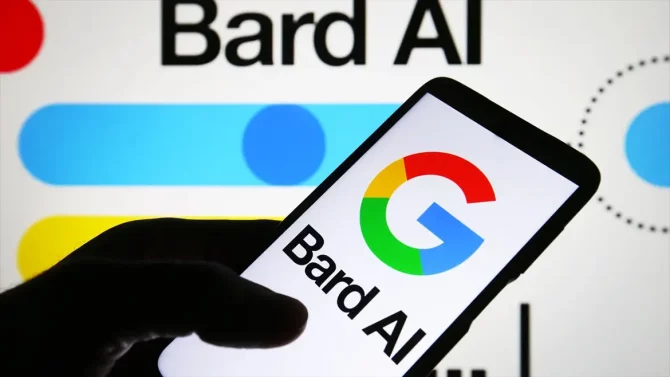
Google has adopted a new policy that allows for the utilization of public data in the training of its AI systems. This change signifies that Google can now employ publicly available information to enhance the development of AI products and features, such as Google Translate, Bard, and Cloud AI capabilities, all while benefiting both its users and the general public. The updated policy, effective from July 1, underscores Google’s focus on expanding its AI initiatives and suggests that user search behavior plays a pivotal role in the continuous advancement of these technologies.
Notably, the policy amendment does not directly impact user experience or existing Google products. However, it highlights the company’s dedication to AI advancements, including endeavors like AI-powered shopping experiences, Google Lens enhancements, and even a text-to-music generator. Google’s AI chatbot, Bard, initially received mixed reviews but has since caught up with other market chatbots. Additionally, Google plans to introduce the Search Generative Experience (SGE), an AI-based search tool, further bolstering its array of AI offerings. It’s worth noting the irony that Alphabet, Google’s parent company, cautioned its employees about the security risks associated with chatbots just last month. In response, Google has launched the Secure AI Framework, aiming to fortify cybersecurity measures against AI-related threats.
Google changed its privacy policy: “we may collect information that’s publicly available online or from other public sources to help train Google’s AI models and build products and features, like Translate, Bard and Cloud AI capabilities”. Doesn’t sound like Terminator, huh? pic.twitter.com/ctTO1F5FDf
— Lukasz Olejnik (@[email protected]) (@lukOlejnik) July 2, 2023
The introduction of new AI products has raised concerns surrounding privacy, intellectual property, and the impact on human labor and creativity. In fact, OpenAI, the developer of the popular AI bot ChatGPT, faced a class action lawsuit last month, alleging unauthorized acquisition of vast amounts of internet data without notice, consent, or compensation.
Some individuals have drawn parallels between Google’s policy update and ClearView AI, a controversial facial recognition app known for sourcing billions of facial images from social media platforms and other sources. ClearView AI settled a lawsuit with the ACLU in 2022, resulting in a prohibition on selling or granting access to its facial recognition database to private entities.
In light of these developments, Google appears to be proactively informing users about its future AI plans. It is crucial to be mindful that our searches may contribute to the advancement of AI capabilities, making the AI bots even smarter.





